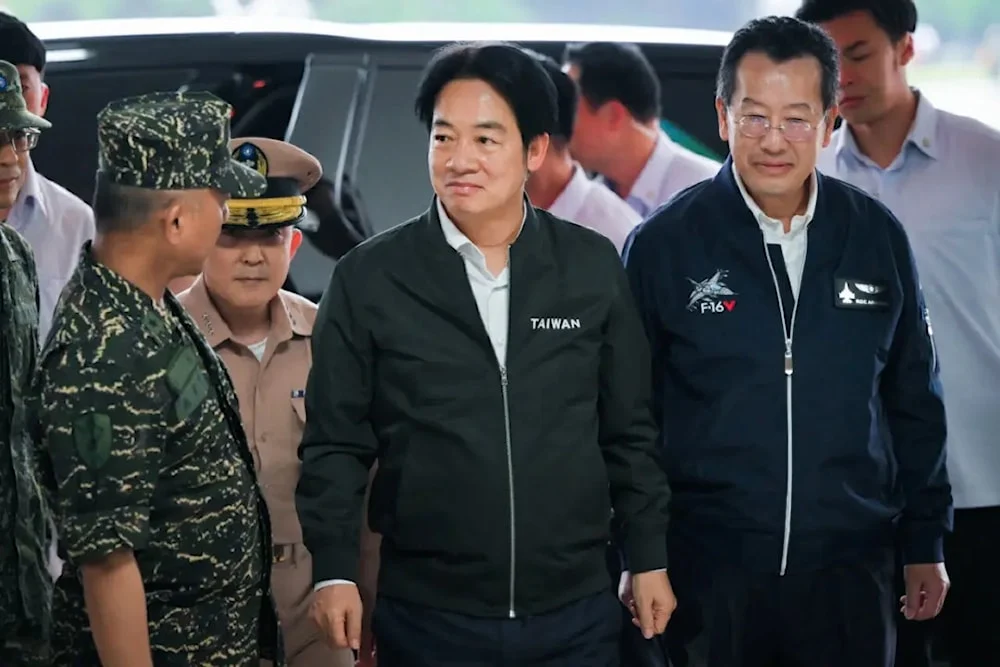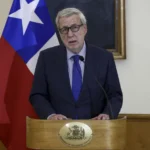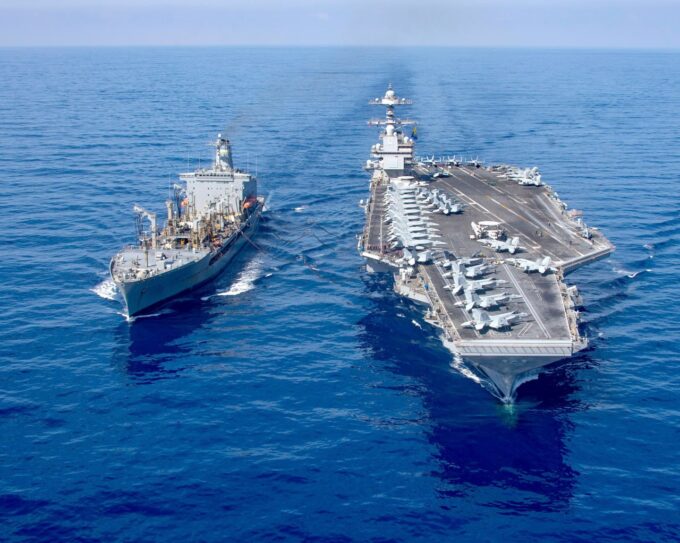The United States cancelled a planned meeting with Taiwan’s defense minister in June, deepening concerns in Taipei that President Donald Trump may be reluctant to engage with Taiwan in ways that could antagonize Beijing, according to a Financial Times report.
Taiwan’s National Security Council Secretary-General Wellington Koo was scheduled to travel to Washington for defense talks with Elbridge Colby, the Pentagon’s third-highest-ranking official. However, the meeting was abruptly called off by the U.S. at the last minute, sources familiar with the matter said. Officially, Washington cited the timing of U.S. military strikes on Iran as the reason, but insiders noted that broader strategic concerns were also in play.
Several U.S. officials reportedly feared that allowing such a high-level visit could derail ongoing U.S.-China trade negotiations and complicate Trump’s efforts to arrange a summit with Chinese President Xi Jinping.
While both sides are now exploring new dates for the meeting, sources suggest that Washington is inclined to downgrade the talks to a lower-level engagement, fueling suspicions in Taipei that the Trump administration is avoiding moves that might provoke Beijing. A U.S. official acknowledged that the appropriate level for future talks remains under consideration.
The cancellation came shortly after a phone call between Trump and Xi, sparking speculation that the U.S. president may have bowed to pressure from China. This follows an earlier Bloomberg News report that Taiwan’s president had been denied a transit stop in New York during an upcoming visit to Latin America—a claim later denied by Taiwan’s Foreign Ministry.
Analysts view these developments as part of a broader recalibration in U.S. priorities. Ryan Hass, a senior fellow at the Brookings Institution, said the postponement of the president’s transit reflected growing anxiety in Taipei over Trump’s desire to de-escalate tensions with Beijing in advance of his expected meeting with Xi this fall.
Evan Medeiros, a China policy expert at Georgetown University, described the defense meeting’s cancellation as “very dangerous,” arguing it undermines U.S. deterrence efforts, unsettles Taiwanese leadership, and weakens domestic resolve in Taiwan.
Meanwhile, Taiwan has stepped up efforts to enhance its defensive capabilities with strong encouragement from Washington. According to sources, Taipei recently initiated a process to request $20 billion worth of American arms and munitions. While the deal is expected to move forward next year, insiders caution that the timeline could be affected by Washington’s hesitation to upset delicate trade negotiations or high-level diplomatic efforts with China.












Leave a comment